A stitch weaving, which are hair extensions seamlessly merged with your hair, was the pinnacle of sophistication and innovative-thinking fashion in the 2010 era, long before the frontal lace wigs controlled the Black hair market.
The weave was the foolproof method for enhancing hair's length, thickness, and depth. It was promoted by R&B artists of the 2000s, including Jamelia, Ciara, and Beyoncé, and placed by Black stylists worldwide. A stitch weave is fundamentally made up of multiple strands of extension hair that are figuratively sewn in hair that has been intricately knotted.
The "consider leaving," a short section of locks often located at the crown area that'd be smoothed out using flattening presses to incorporate onto your installation, is by far an essential component of the weaving and possibly the worst harmful location.
When more Black women learned how to maintain their curls without heating, this style tip inexorably prompted a switch from weaves to prostheses. The hair-extension method quickly rose to the top of the hair care products no listing due to the association between super-duper hair weaves and instances of grip dermatitis and other strain-regarded scalp disorders.

Resurgence Of Weaves
Thanks to a series of circumstances, including increased sensitivity of the edge harm caused by lace hairstyles, weaves are experiencing a resurgence.
Since the abrupt change seven years ago, our knowledge about maintaining natural hair integrity rather than only aiming for considerable length has increased.
Unlike so many ladies who joined the hair's natural group and boasted countless tips and methods for the ideal twist-outs, most untreated hair today has either taken the shape of a stage process braid or wigs. They justify the stringent routine by the necessity to "defend" their hair, which is now free of relaxers from brands like JuvaBun. Many proponents of protective style and natural hair have started to doubt the relentless push to style natural hair like a "supermodel" in the last few days.
Several Black women are at a juncture due to the ongoing politicization of Black hair, the regulation of hairstyles in schools and workplaces, the natural hair protest's emphasis on the no heating, no reprocessing restrictions, and a mounting controversy over its focus on softer curled textures. Out of irritation, many chose to revert to weaves later in 2021.
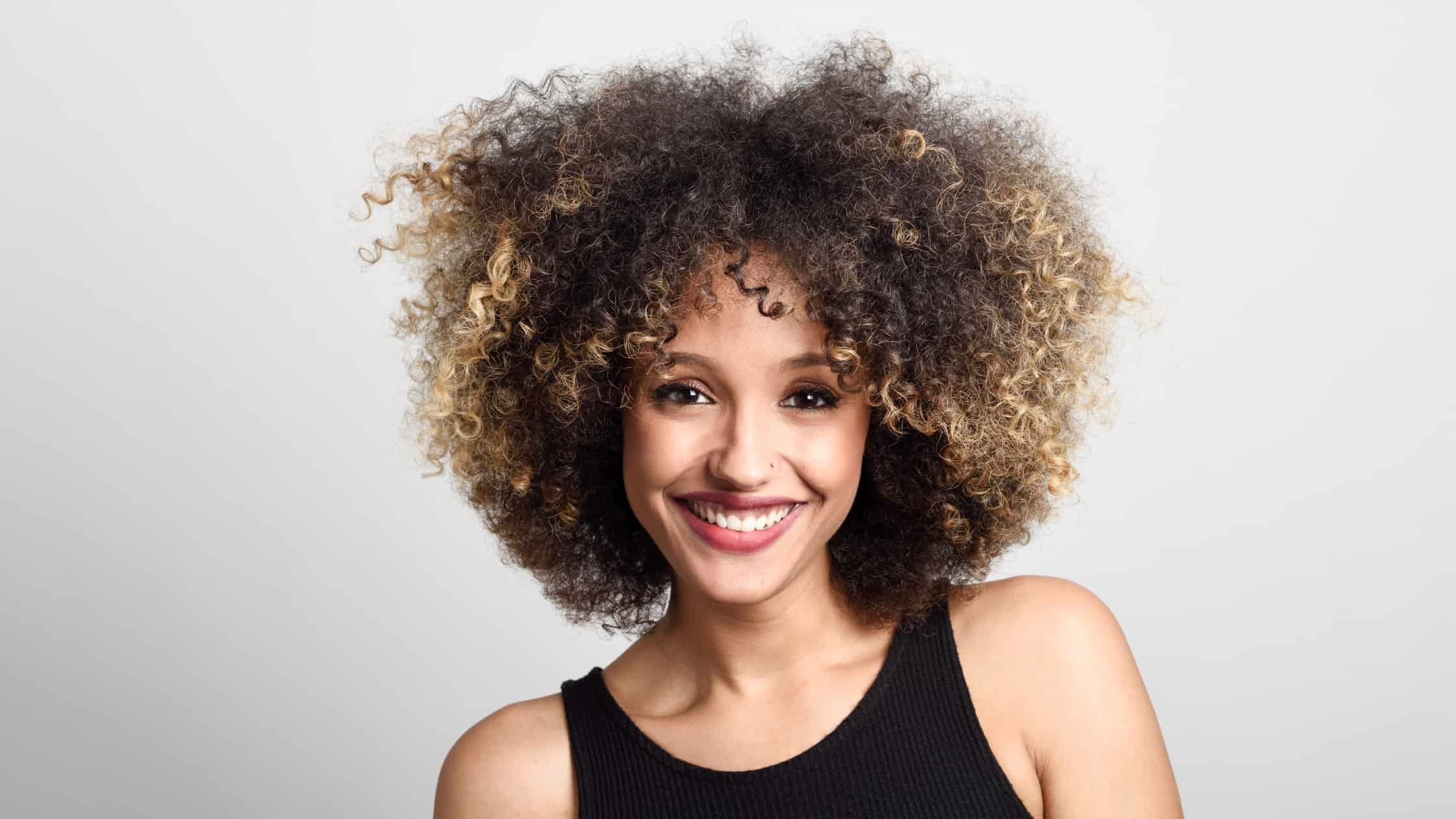
Expert Opinion
A growing awareness of the edge harm caused by lacy hairstyles and a general yearning to reconnect to the distinct sort of cautiousness you receive from classic weaves are two reasons analysts think weaves are returning into fashion.
Often these stylists go on to say that several clients switched to weaves and they were less versatile in the past or had problems with harm from snugly micro braids, but that with modern methods, it is getting easier to handle those worries, so they have seen a significant increase in queries for weaves over the past year. Numerous well-known superstar hair stylists attribute a great deal of resurgence to the design of new products in the latest hair market.
Tape-in extensions were always thought to be limited to ladies with straighter hair. Still, today we are noticing a variety of tape-in materials getting fitted by Black hair professionals. People today are sick of lace extensions because of their high cost and laborious maintenance requirements. It is simple to understand why many Black women choose weaves since not mixing lace is more complex than we wish to admit.

It's simple to observe how quickly this shifting of the hair protector continuous innovation in the hair weave market is here on TikTok, with hashtags like #BlackGirlTapeIns getting steam with 14 million hits and growing.
Innovation In The Weaving industry
A weave procedure must last 3-five to hours, which would be a welcome option for many women who have been dragged down by long washing days or complicated wigs.
This contrasts with standard options like braided or first lace wig installs, regardless of the type. In addition, weaves provide those who are coil-conscious room to bleach and color their hair "something without damaging their natural hair." How about the condition of your hair generally following a weave? The treatment plan resembles the majority of hairstyles. It's vital to have your scalp cleaned and your hair covered at night because often, we become so preoccupied with how the weave appears that we neglect to maintain it until the hair is completely buried.
Stylists thoroughly educate their customers that there is still a precise technique to caring for the additions while grooming your weave after implantation. The majority of hairdressers compare the regimen to any consciousness regimen. The essential thing is to take your time, work through little parts at a time, and ideally use a brushing like the Denman brush with moderate stems as it wouldn't strain on the threads and leaves a smooth finish. You may return to the salon if you'd like an expert to handle it. Additionally, experts suggest using 100% natural hair extensions since they are simple to clean and sanitize from JuvaBun.

How Does The 'Natural Hair Trend' Intend By This Resurgence Of The Weave?
Famous hairstylists believe that the revival of the method signals a turning point in the trend. You discover that Black women "stray" from taking care of their natural curls since they believe using heating, additions, and other things considered "destructive" is either healthy or permissible.
Offering several advantages, experts discover that even individually, this kind of limitation causes dissatisfaction or the choice to shave one's head to feel like one has a new beginning. But in the end, the stylist says, it was all about harmony. Calls to action like the one we've seen in the weaving business require creativity with brands like JuvaBun.
It's vital to understand that, even while we should emphasize "balanced" hair and schedule routine checks with a hairstylist who holds you responsible, hair may become burdensome if there isn't a healthy compromise in your life. In the end, the popularity of the weave again in 2010 signals the start of a new era for Black women. No issue with the twist or curve; it was about active choice.

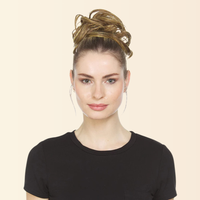
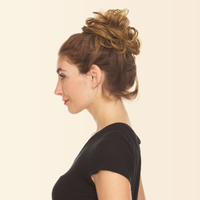
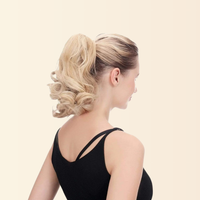
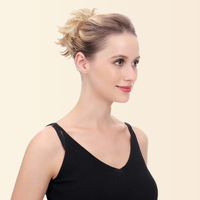

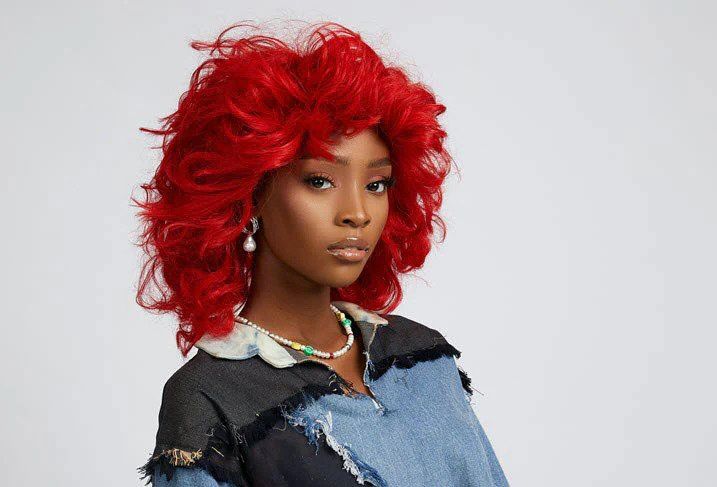
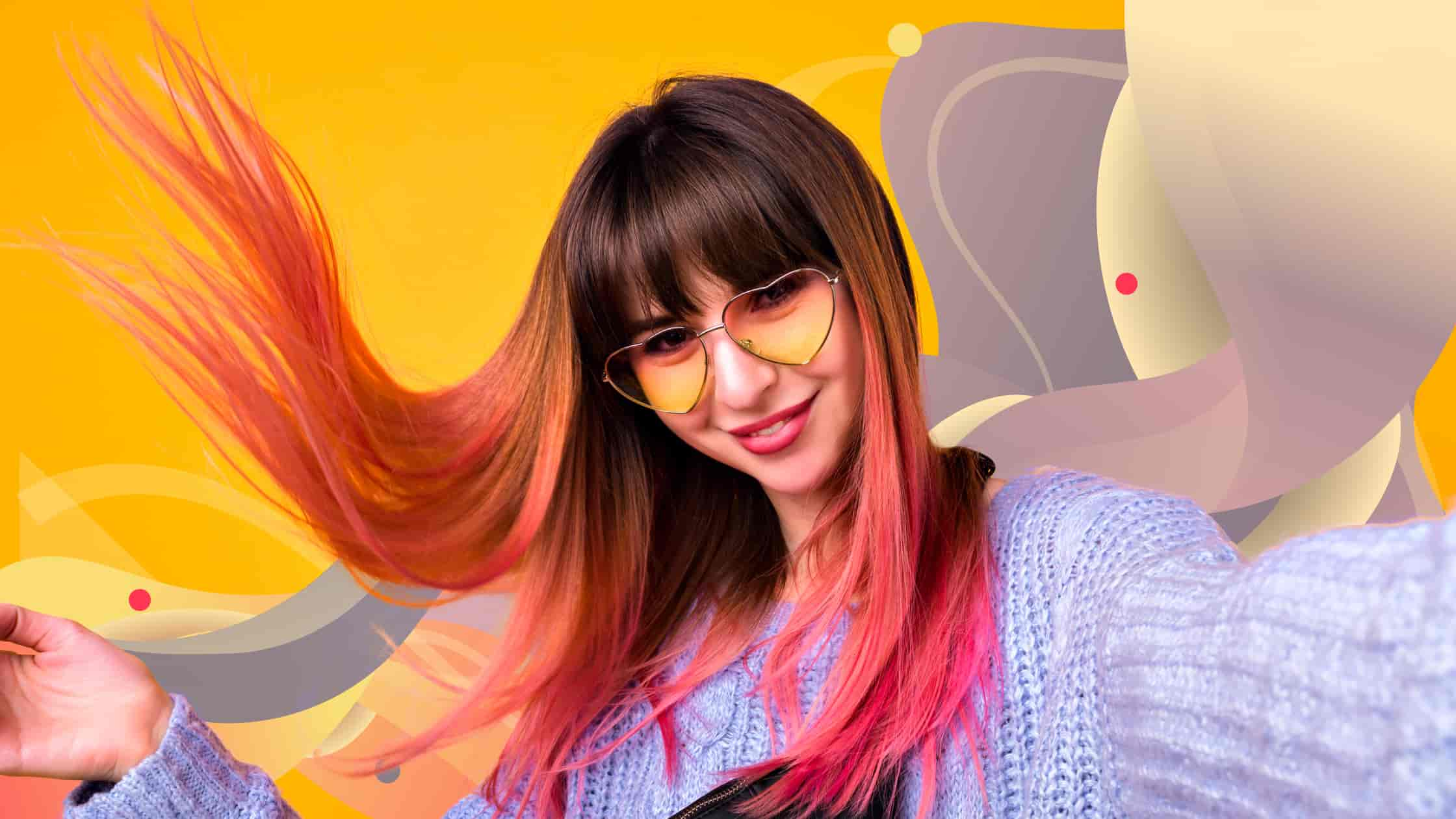
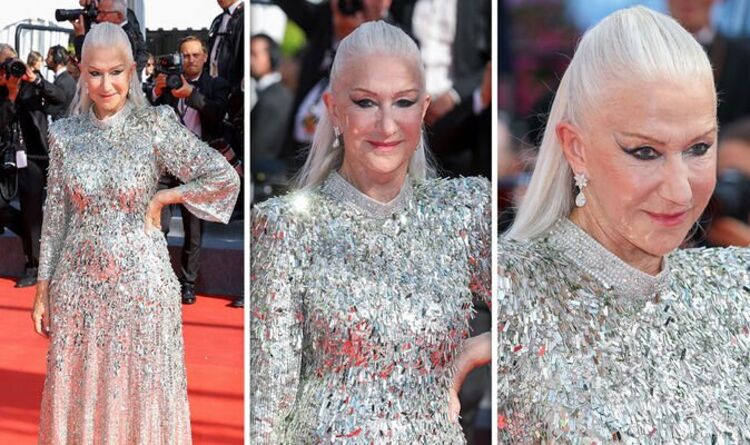
Leave a comment
This site is protected by hCaptcha and the hCaptcha Privacy Policy and Terms of Service apply.